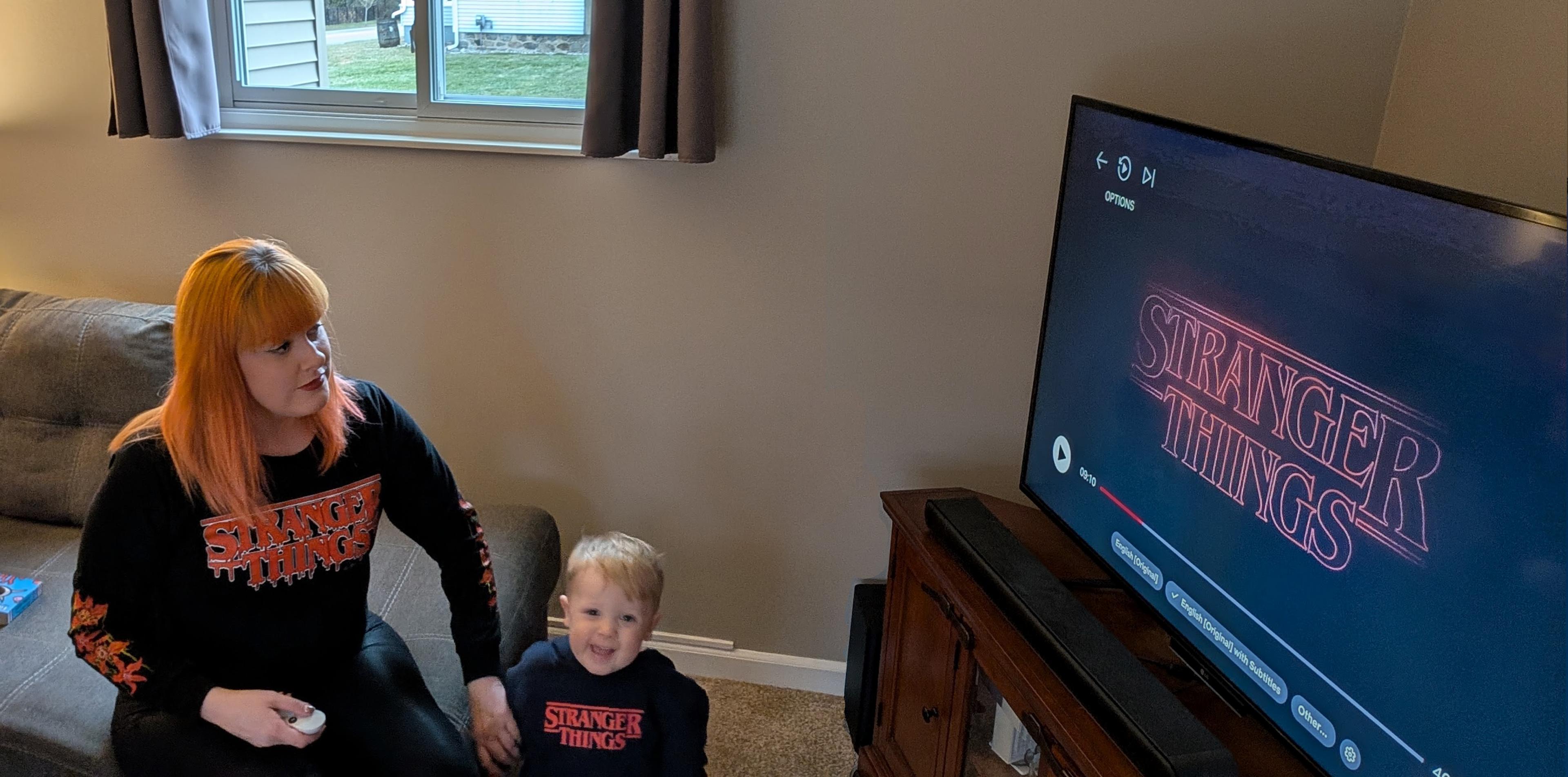How You Can Help #EndTheStigma of Mental Health Conditions
| 2 min read

If you fell and twisted your ankle, you wouldn’t hesitate to ask a nearby person for help. You wouldn’t feel shame over your injury or worry that you would be judged. That all changes when the health issue goes from physical to mental.
The stigma surrounding mental health can make it difficult to ask for vital treatment. Often, those battling mental illness are afraid to speak up in fear of being shamed, ignored or told their condition “isn’t real.” As a result, the sufferer can feel isolated and alone.
But that couldn’t be further from the truth: Statistics show that approximately one in five adults in the United States experience mental illness to some degree in any given year. Only 43 percent of adults with a mental health condition receive potentially life-saving care often due to shame and fear of rejection.
You can help end the stigma surrounding mental health. Start by educating yourself on the signs of mental illness and having open conversations. Actor Glenn Close put it simply: “What mental health needs is more sunlight, more candor, more unashamed conversation about illnesses that affect not only individuals but their families as well.”
Silence is Never the Answer
You need to talk openly about what’s going on. If you’re a friend, parent or sibling of someone you think is struggling with their mental health, the first step is having a conversation. Not sure how to start? Simply ask, “How are you feeling?” It can be the opening that person is waiting for. Continue to assure them that you’re there to help and not judge their feelings.
You need to talk openly about what’s going on. If you’re a friend, parent or sibling of someone you think is struggling with their mental health, the first step is having a conversation. Not sure how to start? Simply ask, “How are you feeling?” It can be the opening that person is waiting for. Continue to assure them that you’re there to help and not judge their feelings.
Reach Out for Support
If you think your loved one would benefit from seeing a professional, offer to help them find a therapist. This way they don’t feel like it’s all on their shoulders (a simple guide for finding a professional near you can be found here). The Michigan Department of Health and Human Services also has a directory to community services available across the state.
If you think your loved one would benefit from seeing a professional, offer to help them find a therapist. This way they don’t feel like it’s all on their shoulders (a simple guide for finding a professional near you can be found here). The Michigan Department of Health and Human Services also has a directory to community services available across the state.
Mental health is a journey, but these combined steps are the first moves toward ending the stigma around these internal battles. Looking for a community that’s dedicated to promoting mental health awareness? #EndTheStigma is a safe online space to share comments, thoughts and resources for those looking to learn more.
Related:
Photo credit: franckreporter





